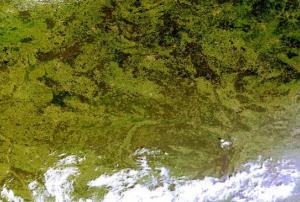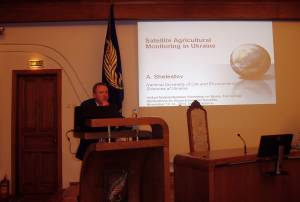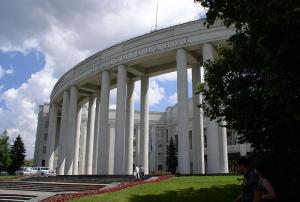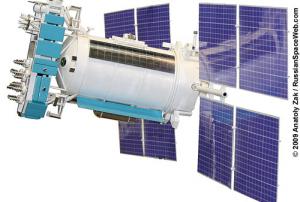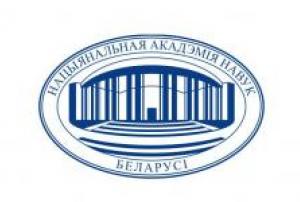Russia and Belarus announced that they are aiming to develop a new remote sensing satellite in two or three years. This Earth Observation satellite will replace a currently operating satellite whose service life will shortly come to an end.
The new satellite will capture images with a resolution of less than one meter, so it will be more precise than the existing two meter resolution satellite and will be used by several Belarusian authorities, such as the Emergencies Ministry, the Agriculture and Food Ministry, the Natural Resources and Environmental Protection Ministry, and the Forestry Ministry.
The agreement was signed by Igor Komarov, head of the Russian space agency Roscosmos, and Vladimir Gusakov, Chairman of the Presidium of the National Academy of Sciences of Belarus (NASB).
